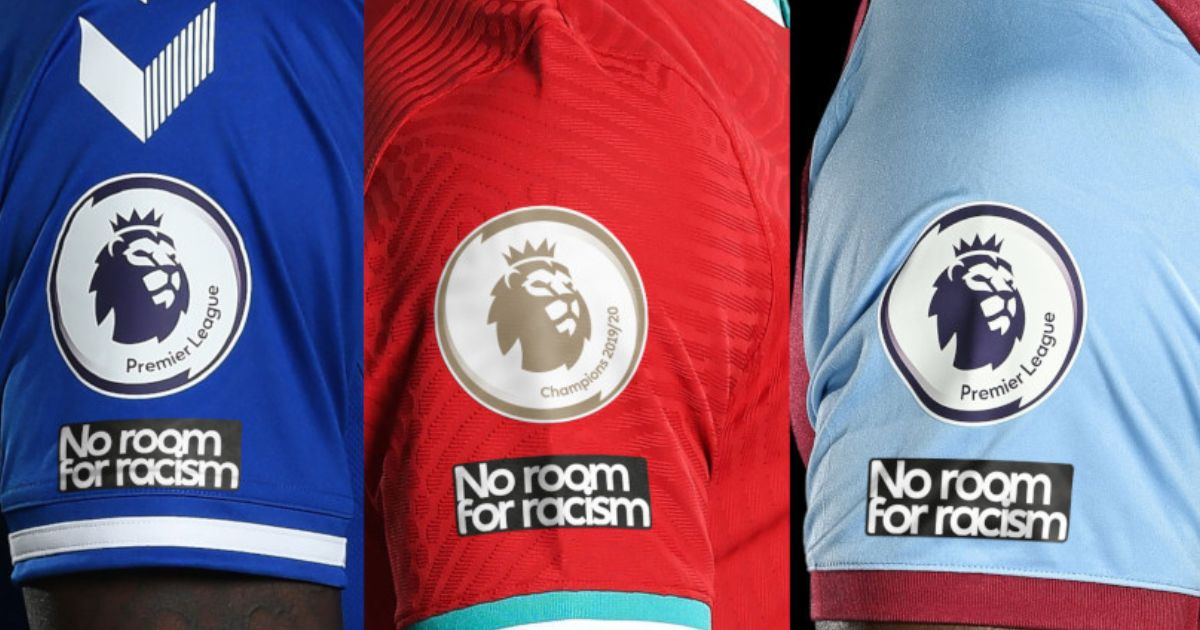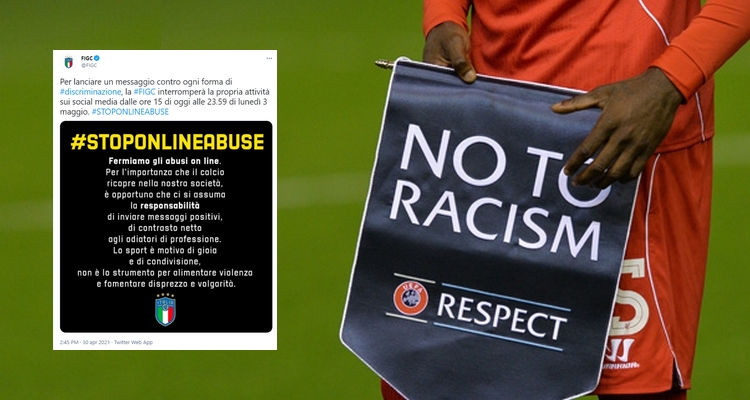
Online hate speech in sports: an increasingly urgent challenge
Article written by Enovation Consulting
From racism against football players to prejudice towards women: how sports organizations are trying to address a growing phenomenon.
In recent years, with the widespread rise of social media, online hate speech has become an increasingly concerning issue, particularly in the world of sports. Digital platforms like Twitter, Instagram, and TikTok have revolutionized the way fans engage with athletes and sporting events. These platforms have helped bridge the gap between athletes and supporters, creating opportunities for connection, inspiration, and real-time interaction. However, this increased visibility and access have also opened the door to new and disturbing forms of verbal abuse, hatred, and discrimination.
Among all sports, football (soccer) is arguably the most exposed to such online abuse. With its massive global following and intense emotional investment from fans, football often becomes a hotbed for hate speech, particularly in the wake of high-stakes matches or controversial decisions. Incidents of racism, sexism, and other forms of discrimination are unfortunately common and well-documented.
A particularly striking example occurred after the Euro 2020 final between Italy and England, when following England’s defeat in a penalty shootout, players like Marcus Rashford, Jadon Sancho, and Bukayo Saka were targeted with a barrage of racist attacks on social media platforms. These attacks sparked widespread outrage and brought international attention to the toxic environment that can flourish online.
However, online hate in football is not limited to racism alone: women involved in football continue to face pervasive sexism. Online comments often belittle their presence in the sport, reinforcing harmful stereotypes that suggest football is a “men-only” domain. Despite its growth and increasing popularity, women’s football is still frequently delegitimized, with players subjected to disparaging comparisons and disrespectful remarks.
The extent of the problem has grown alongside the expanding digital footprint of professional sports. Consequently, awareness and concern have increased, prompting action from various institutions and governing bodies such as FIFA and UEFA, both of which have recognized the serious harm caused by online abuse and have begun implementing concrete measures to tackle it.
According to UEFA data:
1) 74% of online hate speech in football targets players.
2) The remaining victims include referees (14%), teams (7%), and coaches (4%).
3) While most insults (94%) are aimed at general targets, 4.5% are racially motivated, and 1.5% target individuals based on sexual orientation.

These figures illustrate the broad reach of online hate in sports, as well as the specific vulnerabilities faced by certain groups.
Currently, several organizations and coalitions are working on strategies to mitigate and prevent online hate speech in sports. Particularly in football, UEFA and FIFA have taken a leading role.
During recent international competitions, including Euro 2024, both organizations reaffirmed their commitment to fighting online abuse. One of the most promising initiatives is FIFA’s Social Media Protection Service (SMPS).
1) This system is designed to monitor, moderate, and report abusive content in real time.
2) By using artificial intelligence and a team of moderators, the SMPS can identify offensive or threatening messages directed at players, coaches, referees, and staff, often before they become widely visible.
3) In a significant step forward, FIFA has extended this service to all 211 of its member associations, signalling a global approach to protecting those involved in the sport.
Beyond institutional efforts, social media platforms themselves must play a greater role in enforcing community standards and improving their response times to harmful content. Too often, abusive messages remain online for hours or even days, further amplifying their impact. Improved algorithms, content moderation, and reporting mechanisms are essential tools in the fight against hate speech.
Education is another critical component. Digital literacy campaigns aimed at young fans, players, and content creators can help promote a culture of respect and accountability. Teaching users about the real-world impact of online abuse, the legal consequences of hate speech, and the importance of empathy and inclusion can foster a healthier online environment.
Campaigns such as #NoRoomForRacism and #StopOnlineAbuse have already begun raising awareness, but more consistent and widespread efforts are needed.
Online hate speech in sports is a reality that can no longer be ignored. Protecting athletes, referees, and professionals from digital abuse is not just the responsibility of sports organizations, but of society as a whole.
Governments, social media companies, fans, and the public all have a role to play. While the challenge is multifaceted, progress is possible. Through coordinated action, improved technology, and a commitment to education and inclusion, we can work toward a future where the digital spaces around sport are safe, respectful and welcoming for all.
By Enovation Consulting



